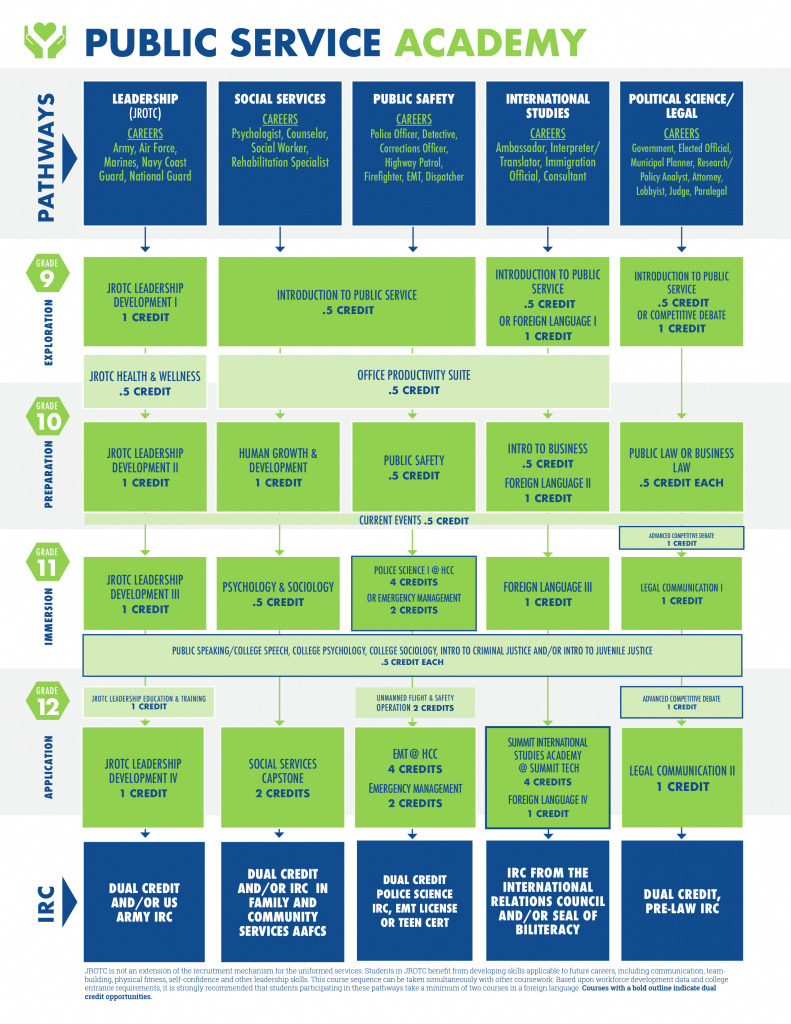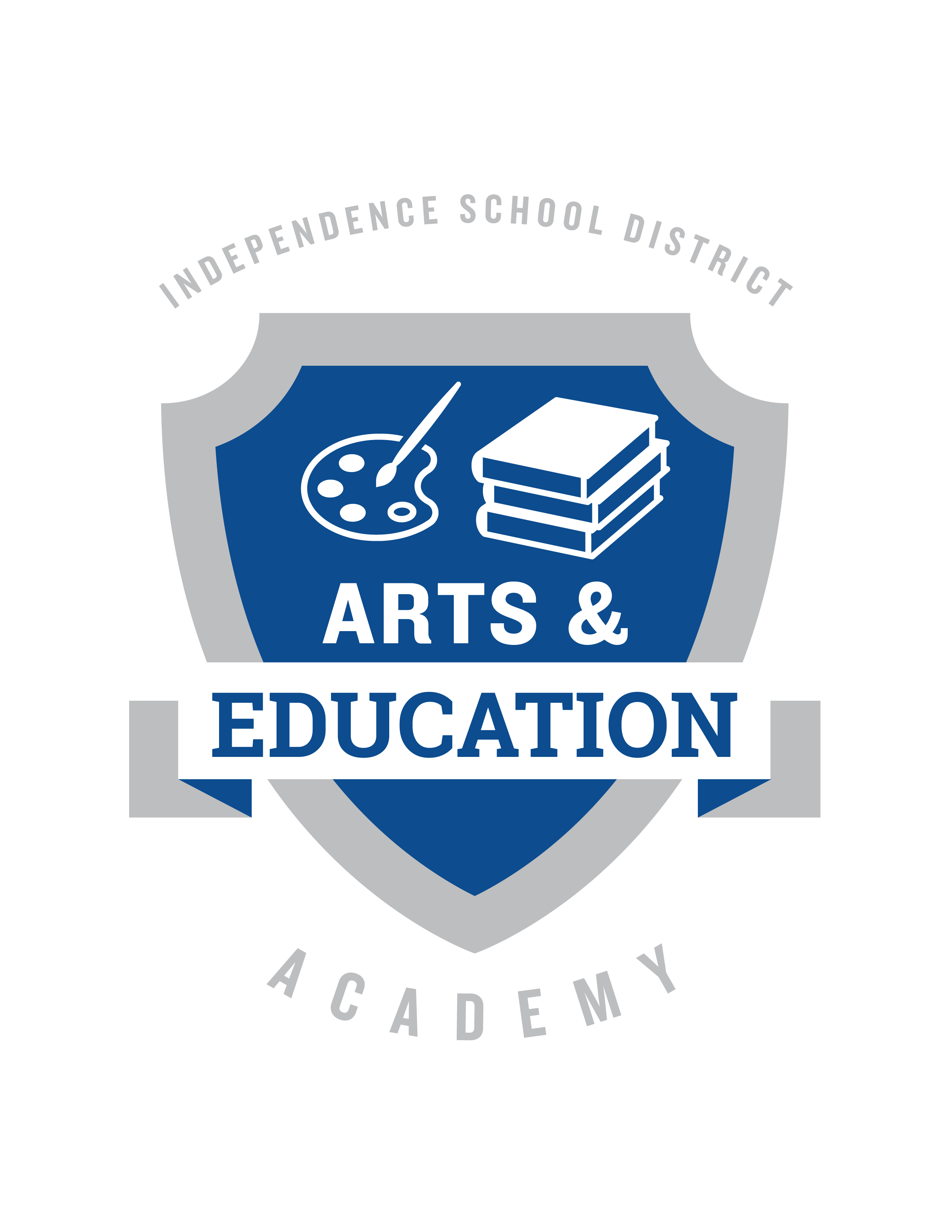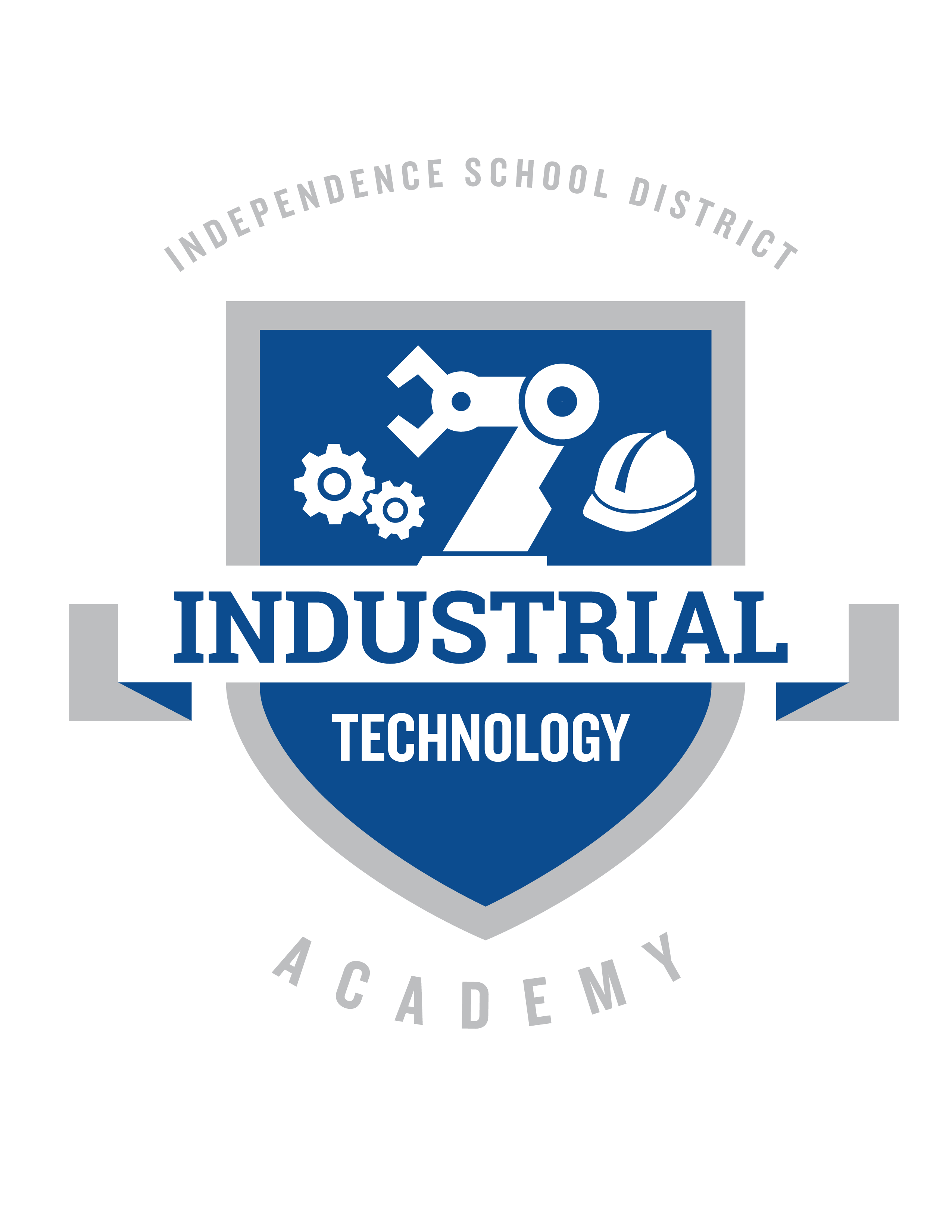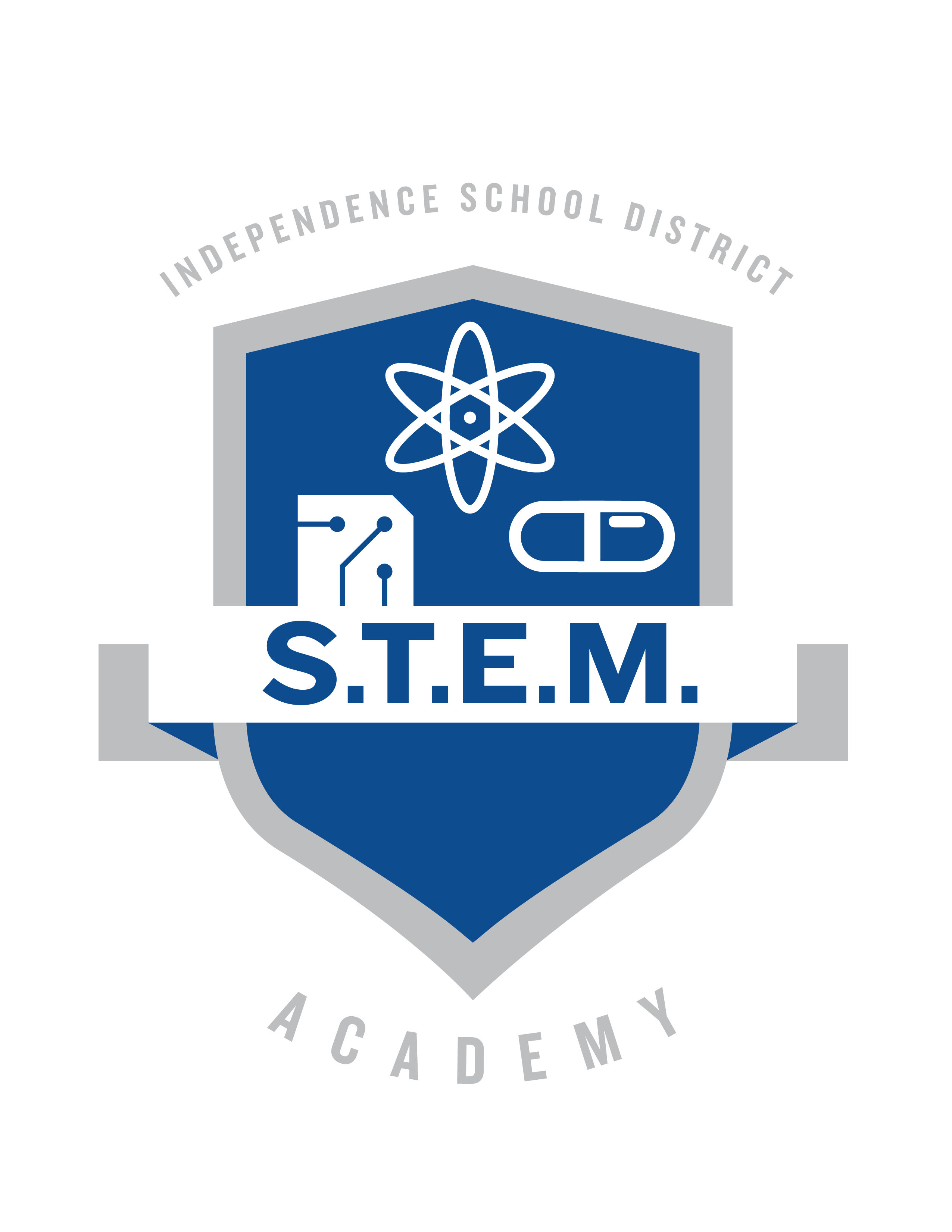Public Service Academy
The Public Service Academy prepares students for a career dedicated to serving others with pathways focusing on leadership, social services, public safety, international studies, political science and pre-law. View detailed descriptions for courses offered in the Public Service Academy below.
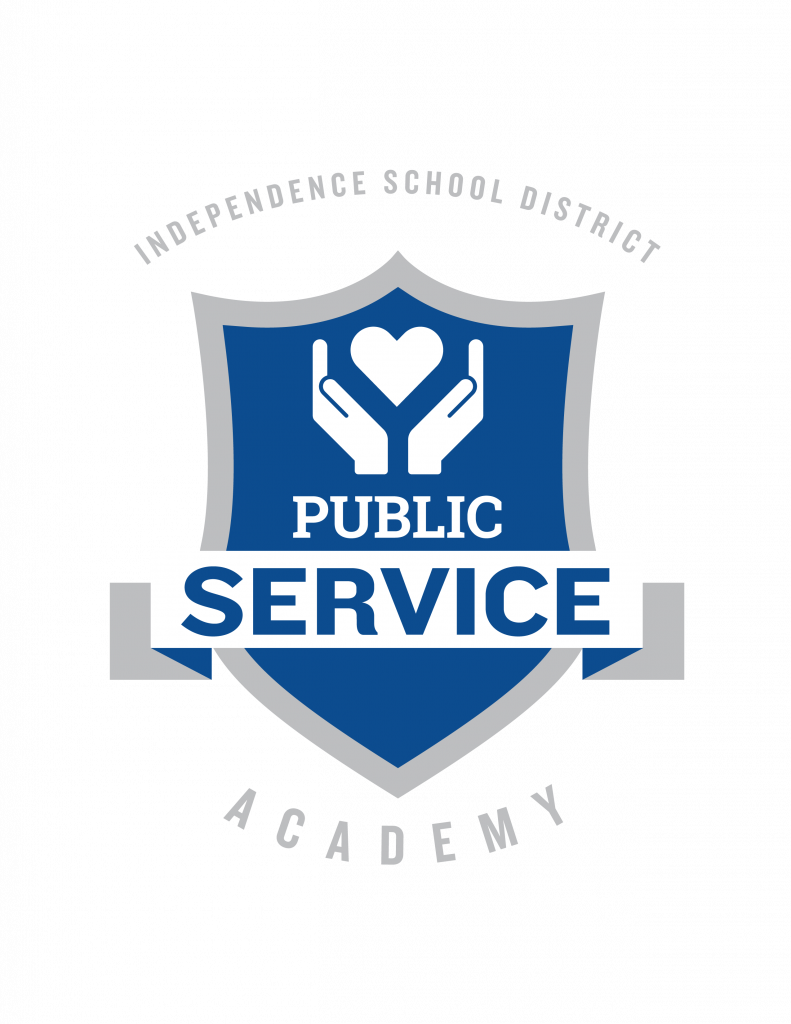
Quick Links:
Public Service Academy Course Descriptions:
Advanced Competitive Debate (1 credit ELE, Gr. 10-12) Course Number: 1528
Prerequisite: Competitive Debate I
This advanced course is designed to develop critical thinking, teach persuasive argumentation, and research skills. Students will practice written and oral communication of current national debate topics. Emphasis will be on improved writing skills and enhanced performance skills. Participation in interscholastic competition is required. Students must remain eligible as defined by MSHSAA.
This pathway course combines both AP Government and AP Comparative Government and Politics.
AP Government introduces students to key political ideas, institutions, policies, interactions, roles, and behaviors that characterize the political culture of the United States. The course examines politically significant concepts and themes, through which students learn to apply disciplinary reasoning, assess the causes and consequences of political events, and interpret data to develop evidence-based arguments. Included in this course will be a study of the federal and state constitutions thereby meeting the state’s constitution requirements. This course will be offered second semester only.
AP Comparative Government and Politics introduces students to fundamental concepts used by political scientists to study the process and outcomes of politics in a variety of country settings. The course aims to illustrate the rich diversity of political life, to show available institutional alternatives, to explain differences in processes and policy outcomes, and to communicate to students the importance of global political and economic changes. Six countries form the core of the course: China, Great Britain, Iran, Mexico, Nigeria, and Russia.
Business Law (0.5 credit PAR, Gr. 10-12) Course Number: 5117
This course will teach students how the laws that govern business are relevant to their everyday lives. Specific areas include laws for minors, families, consumers, contracts, bankruptcy, repossessions, employment contracts, discrimination, landlords, and cyber laws. This course will also discuss entrepreneurship law, family law, and criminal law. Additionally this course combines practical opportunities as well as expertise of a business organization. Students will work with the local community in order to apply practical applications of economics. Entrepreneurial possibilities are available within this course. Students will learn to make economical decisions, keep business records and documents, as well as market products targeting local economical issues and business careers.
Competitive Debate (1 credit ELE, Gr. 9-12) Course Number: 1521
This introductory course is designed to develop critical thinking, teach structured argumentation, and introduce basic research skills. Students practice written communication and perform oral communication of the issues/events introduced. Participation in interscholastic competition is required. Students must remain eligible as defined by MSHSAA. In this course there will be requirements outside of the school day.
Current Events (0.5 credit SOC, Gr. 10-12) Course Number: 2405
This course will focus on national and world news. As news events are discussed, emphasis will be placed on the roots of world and national situations, distinguishing between fact and opinion in the news, bias in news presentation, and recognition of various propaganda techniques used to sway public opinion. Research will be used to learn how national and international situations have developed and what proposals have been advanced to deal with these situations. Students who enroll in this course should be able to read at or above grade level, have good comprehension skills, and have the ability to think and analyze situations. They should be able to express themselves both verbally and in writing and be able and willing to participate in class discussions.
Design Thinking (1-2 credits ELE, Gr. 12) Course Number: 5126
Prerequisite: Approved Capstone Project
This capstone is a project that allows students to learn about themselves by moving an idea or dream toward a topic of interest, specialization, community need, or career choice. As part of this course, all students must complete a capstone experience which may include, but is not limited to: senior project, virtual enterprise, internship, externship, work-based learning, service learning, community service, etc.
Emergency Medical Technician (EMT) – 4 credits (3 credit PAR and 1 credit SCI, Gr. 12) Course Number: 8819
Prerequisite: Minimum 2.0 GPA, 90% attendance record; Biology; reading, writing, and math at a 10th grade level
This program at Herndon Career Center prepares the EMT student to provide pre-hospital assessment and care for patients of all ages with a variety of medical conditions and traumatic injuries. Areas of study include an introduction to emergency medical services systems, roles and responsibilities of EMTs, anatomy and physiology, medical emergencies, trauma, special considerations for working in the pre-hospital setting, and providing patient transportation. This course is physically demanding and requires students to be focused on gaining the knowledge and skills required to pass the EMT Basic Exam. Clinical observations may be necessary after school hours and would require transportation to the site. Student fees will be approximately $150 and include CPR, uniform, and required equipment.
Emergency Management Capstone (2 credits, PAR, Gr. 11-12) Course Number: 5602
Prerequisite: Introduction to Public Service
This course offers an exciting opportunity to learn and experience all facets of emergency management, including the history of emergency management, implementation in conjunction with other agencies, implementation during emergency response. Students also explore the roles and responsibilities of government and non-governmental organizations as it pertains to disasters through mitigation, preparedness, response and recovery systems. Students in this course complete Teen Citizen Emergency Response Team (C.E.R.T) training and certification.
French I (1 credit ELE, Gr. 9-12) Course Number: 1201
All about me! In French I, students will be able to describe themselves, their family and friends, classes at school, and so on. In addition, students will be able to express their likes and dislikes on a variety of topics. Students will discover the French culture by tasting French cuisine, listening to French music, and celebrating French holidays and traditions. Projects and presentations will include academy emphasis.
French II (1 credit ELE, Gr. 10-12) Course Number: 1203
Prerequisite: French I
The world around me! In French II, students will be able to communicate in a restaurant and a store and describe their homes. Students will also be able to engage in a conversation about cities, where they are located, and organize and plan a trip. Culture will be experienced through food-tastings, virtual trip planning, researching geography, housing, and tourist destinations. Projects and presentations will include academy emphasis.
French III (1 credit ELE, Gr. 11-12, weighted) College Credit Available, Course Number: 1205
Prerequisite: French II
This advanced course will expand upon all language acquisition from previous years emphasizing new and more complex grammatical structures needed for oral communication and written composition. The major objective of this course is to develop sufficient linguistic skill (speaking, listening, reading, writing and understanding) in French to communicate at an elementary level — enough to perform simple tasks in everyday situations, using appropriate courtesy levels, and to be able to ask and answer questions in short conversations. Students will acquire these skills in a context that will introduce them to French and francophone (French-speaking) culture, art, architecture, music, current events and civilization.
French IV (1 credit ELE, Gr. 12, weighted) College Credit Available, Course Number: 1209
Prerequisite: French III
This advanced course is for students with a proficient level of French. The goal of the class is to help students strengthen their competence in speaking, listening, reading, writing and understanding French. The objective of the course is to develop sufficient skills in French to communicate at an intermediate level —to perform tasks in everyday situations, using appropriate courtesy levels, to be able to ask and answer questions, to form narratives in the past, present and future, to discuss issues in French and American life using reasonably complex language. Many of the skills acquired will be used to discuss French and francophone (French-speaking) culture, art, architecture, music, current events and civilization.
German I (1 credit ELE, Gr. 9-12) Course Number: 1401
This course provides students the opportunity to learn skills to successfully study foreign languages and learn to hold a basic conversation in German. Students will explore German speaking countries, learn about the German home by creating a dream room project, and create a book about their favorite things. Learning German benefits students in ALL career pathways.
German II (1 credit ELE, Gr. 10-12) Course Number: 1403
Prerequisite: German I
This course provides students the opportunity to learn German vocabulary centered on clothing by participating in a fashion show and master food vocabulary by creating a video project of ordering at a restaurant. Students will explore weather vocabulary by becoming a weather forecaster, use social media, in German language, to discuss responsibilities you have at home. Students will engage in a market place scenario and continue to build confidence and skills in speaking, listening, reading and writing.
German III (1 credit ELE, Gr. 11-12) Course Number: 1405
Prerequisite: German II
In this advanced course students will enhance their German reading skills with German short stories and creating a short story of their own. Students will develop advanced speaking skills by creating a travel commercial. In addition, this class will provide students the opportunity to explore German culture by learning about holidays. Course content will allow students to continue to build confidence and skills in speaking, listening, reading and writing.
German IV (1 credit ELE, Gr. 12) Course Number: 1407
Prerequisite: German III
In this advanced course students will explore German fairy tales by creating a video of a beloved Grimm Brother’s tale. In addition, this class will provide students the opportunity to engage in a mock health care scenario as a class and explore the animal kingdom by creating projects about various animals. Course content will allow students to continue to build confidence and skills in speaking, listening, reading and writing.
Human Growth and Development (1 credit PAR, Gr. 10-12) Course Number: 1806
Prerequisite: Professions in Education or Introduction to Public Services
In this course you will gain an understanding of the areas and stages of human growth and development. The course provides an examination of the physical, intellectual, emotional, and social components of human growth and development from birth through adolescence. You will learn to meet the needs of children and promote optimum growth and development in the prenatal, infancy, toddler, preschool and school-age stages.
Introduction to Business and Management (0.5 credit PAR, Gr. 9-11) Course Number: 5101
This introductory course is designed to give students an understanding of business practices. It serves as a background of information for those students who plan to continue with other business courses and as a general information course for personal use. It includes the study of such areas as the free enterprise system, economics, exploring business careers, consumerism, and business technology. The course introduces business practices and structure between all levels of an organization. Students are encouraged to approach their work from an entrepreneurial perspective, and focus on the value that an employee can bring to the company.
Introduction to Criminal Justice – Online Dual Credit (0.5 credit PAR, Gr. 11-12, weighted) Course Number: 2409
Student must have a minimum 2.5 cumulative GPA.
This course covers the philosophical and historical background of the criminal justice system as it relates to the individual. Course content reviews the principles underlying social organization control devices with an emphasis on such legal systems as the criminal courts, corrections, and law enforcement. The course is designed to provide general knowledge about the concept and causes of crime, the varying goals and objectives of the criminal justice system, and an assessment of specific role performance of various members of the criminal justice system including major aspects of civil process.
Introduction to Juvenile Justice – Online Dual Credit (0.5 credit PAR, Gr. 11-12, weighted) Course Number: 2410
Student must have a minimum 2.5 cumulative GPA.
This course studies the delinquent juvenile as an individual and the impact on society. Course content investigates delinquency, causation, the role of the law enforcement officer, the juvenile officer, the juvenile court, and juvenile corrections.
Introduction to Public Services (0.5 credit PAR, Gr. 9-11) Course Number: 8600
The coexistence of any group of people requires some form of governance or division of labor in order to maintain the existence of the group. The provision of these types of public services requires the full-time attention of some members of the group. This course provides an overview of the public service systems and examines the purpose, history, organization, approach, and functions of these systems with a special emphasis on current issues, trends, successes, and challenges from a population perspective.
JROTC Leadership Development I (1 credit PAR, Gr. 9-12) Course Number: 5511
Introduction to the Reserve Officers’ Training Corps (ROTC) focuses on the development of skills in the following areas: appreciation of the principles, values, and skills which underlie good citizenship, development of individual leadership potential through team participation, importance of maintaining good health, attention to detail, and development of both oral and written communication skills.
JROTC Leadership Development II (1 credit PAR, Gr. 10-12) Course Number: 5512
Prerequisite: JROTC Leadership Development I
Intermediate level of Reserve Officers’ Training Corps (ROTC) focuses on the development and application of skills in the following areas: appreciation of ethical principles which underlie good citizenship, continued development of individual leadership skills including planning and conducting small unit formations, physical fitness, and student led classroom peer instruction. Student leaders continue to develop the ability to work effectively in larger, more complex work groups. Time and resource management skills are introduced along with critical thinking and creative problem solving skills. Emphasis on development of effective and concise oral and written communication skills continues. Use of technology resources are introduced.
JROTC Leadership Development III (1 credit PAR, Gr. 11-12) Course Number: 5513
Prerequisite: JROTC Leadership Development II
Advanced level of Reserve Officers’ Training Corps (ROTC) focuses on the development and application of skills in the following areas: demonstration of principles that underlie good citizenship, development of an understanding of the federal government, and further development of leadership skills and potential by participating as a formal classroom leader and peer instructor for junior cadets. Students further develop their understanding of responsibilities and skills necessary to lead larger formations. Size and complexity of assigned tasks for work groups increases. Students continue to improve oral and written communication skills. Use of technology resources as tools for learning, leading, and management continues.
JROTC Leadership Development IV (1 credit PAR, Gr. 12) Course Number: 5514
Prerequisite:JROTC Leadership Development III
Application of Reserve Officers’ Training Corps (ROTC) focuses on the following areas: demonstration of ethical reasoning and decision-making, application of leadership principles to senior leader roles, supervising and leading the complex multi-layered work groups, providing proponent staff support to senior/executive decision makers, and develop an understanding of and ability to use management performance indicators and metrics. Students will demonstrate skill at using oral and written communication to determine positive organizational outcomes, issue effective orders, plans, and operational guidance. Students will serve as senior peer role models and leaders for cadets of junior experience.
JROTC Leadership Education and Training Honors (1 credit PAR, Gr. 12) Course Number: 5515
Course enrollment via staff recommendation only
Prerequisite: Grade of C or better in JROTC Leadership Development III
This course is composed of cadet leaders who function as program peer leaders and operational staff principals. These cadet leaders operate under close facilitation of the Senior Army Instructor. This class provides the opportunity for cadet leaders to plan, organize, and coordinate program-wide operations, events, and classes. Cadet leaders are responsible for instruction of basic cadet skills, development of proper classroom demeanor, peer critique of subordinate cadet performance, conduct periodic inspections and assessments, maintenance of cadet records, program logistical requirements, program public relations and effective orchestration of integrated co-curricular teams. Course instruction is focused on techniques of counseling, conflict resolution, principles and methods of instruction, effective listening, extemporaneous speaking, development of lesson plans, and advanced leadership principles.
Legal Communication I (1 credit PAR, Gr. 10-12) Course Number: 1530
Prerequisite: Introduction to Public Services or participation in Competitive Mock Trial or Competitive Debate
This is a practical, hands on course for students interested in careers in law, legal studies, or the criminal justice system. Students will study and apply the skills of legal argumentation strategies and oral advocacy, learn and apply the legal rules of evidence for courtroom use and evidence presentation, and will learn to research and analyze legal court cases. Students will participate in classroom mock trials to synthesize and apply their acquired knowledge. Guest speakers from the legal community will be utilized, including attorneys, paralegals, legal secretaries, and officers of the court.
Legal Communication II (1 credit PAR, Gr. 11-12) Course Number: 1550
Prerequisite: Legal Communication I
This course is a continuation of the concepts learned in Legal Communication I, but at an advanced level. Students will study and apply the skills of legal argumentation strategies and oral advocacy at an advanced level, learn and apply more advanced rules of evidence for courtroom use and evidence presentation, and will utilize electronic legal resources to research and analyze legal court cases. Students will participate at an advanced level in mock trials. Students must participate on a competitive mock trial team or participate in the Independence Youth Court. Guest speakers and mentors from the legal community will be utilized, including attorneys, paralegals, legal secretaries, and officers of the court.
Office Productivity Suite (0.5 credit PAR, Gr. 9-12) Course Number: 5124
This course is designed to help students master beginning skills in the areas of word processing, spreadsheet software, and the proper creation and application of professional presentations. Students will learn file management, how to save and find files, use a network, and share files with others for collaboration. Students will learn the software skills needed in Microsoft and Google to be effective in school and the workplace. Advanced projects combining all of Microsoft Office and Google software will be included in the course.
Police Science I – 4 credits (3 credits PAR and 1 credit ENG, Gr. 11-12) Course Number: 8818
Prerequisite: Minimum 2.0 GPA, 90% attendance record; reading, writing, and math at a 10th grade level
This course at Herndon Career Center will provide students with knowledge in the field of law enforcement/police science and prepare them for continuing education and ultimately, employment in a related field. This course is designed to acquaint the student with historical perspectives of law enforcement and a variety of criminal justice career fields, including but not limited to: crime scene investigation, law enforcement, police science, patrol theories and report writing, legal studies, and leadership competencies. Course content may include the discussion and viewing of some of man’s worst crime scenes as all are significant and vital to our past, present, and future in the investigation of such crimes committed by our fellow man. The goal is to become increasingly aware of the social forces that shape our lives and gain insight into the many different aspects of law enforcement and how they influence society’s views and opinions on how we deal with and handle the crimes of man. The atmosphere of this class is similar to a mini-police academy. Students will be expected to stand when an adult enters the classroom; they will participate in roll call and the Pledge each day. Students will be expected to participate in drill procedures and learn to march in unison.
Public Law (0.5 credit PAR, Grade 10-12) Course Number: 1572
This course is designed to allow the student to examine his/her place in the legal system. Course content will deal with how the law and the judicial system directly affect the individual as a well as individual rights and responsibilities under our legal system. Topics include: why law, where law comes from, different types of law, the criminal justice system, juvenile law, etc. Real world applications of these concepts will be explored as they deal with individuals in society.
Public Safety (0.5 credit PAR, Gr. 9-12) Course Number: 5600
Prerequisite: Introduction to Public Services
This course introduces students to careers in criminal justice, law enforcement, fire protection, emergency response services, and other related career areas. Students will learn about public safety careers through engagement in classroom and laboratory activities modeled after real-world work assignments, scenarios, and problems. Strong emphasis will be placed on written and verbal communication skills, mathematical applications, problem solving, ethics, accountability, and cultural diversity. Public safety professionals and post-secondary instructors will guest lecture to discuss aspects of their respective careers enabling students to make a more informed career choice.
Public Speaking/College Speech (0.5 credit ELE, Gr. 10-12, weighted) College Credit Available, Course Number: 1529
This course is designed to improve students’ public speaking skills in real-world communication situations. The class challenges students to become more effective speakers and listeners in a variety of communication tasks. Students will participate in group discussions, research, listening exercises, and prepare various speeches individually, and learn to both give and receive constructive criticism.
Psychology (0.5 credit SOC, Gr. 10-12) Course Number: 2407
This course is designed to assist students in gaining an appreciation of psychology as the science of studying and understanding human behavior. Major units of study will include the development of philosophies and methods used to gain insights into behavior, a study of the brain and nervous system, human psychological development, psychological processes and disorders.
Psychology – Online Dual Credit (0.5 credit SOC, Gr. 11-12, weighted) College Credit, Course Number: 2406
Student must have a minimum 2.5 cumulative GPA.
This online college course through Missouri Western State University, covers general information about psychology in everyday life, designed to correct misconduct and to give the students a better understanding of self and others
Social Services Capstone (1-2 credits PAR, Gr. 12) Course Number: 1808
This capstone is a project that allows students to learn about themselves by moving an idea or dream toward a topic of interest, specialization, community need, or career choice. As part of this course, all students must complete a capstone experience which may include, but is not limited to: senior project, virtual enterprise, internship, externship, work-based learning, service learning, community service, etc. This course can be taken as either one or two credits, depending on the chosen project. In the spring semester of the student’s junior year, the student will develop a capstone proposal for approval.
Sociology (0.5 credit SOC, Gr. 10-12) Course Number: 2411
Sociology as the study of human behavior in groups is designed to acquaint the student with the types of groups we form, how we function in these groups and how we deal with social problems resulting from the interaction within and between these groups. These topics are analyzed through sociological perspectives in order to evaluate various interpretations and explain why people behave the way they do.
Sociology – Online Dual Credit (0.5 credit SOC, Gr. 11-12, weighted) College Credit, Course Number: 2412
Student must have a minimum 2.5 cumulative GPA.
This online college course through Missouri Western State University, covers basic sociological concepts and theories. Major topics included in this course are culture, society, societal interaction, crime, race/ethnicity, class, gender, the family, education, religion, medicine, the economy, politics and cross-cultural comparisons.
Spanish I (1 credit ELE, Gr. 9-12) Course Number: 1301
Make yourself marketable in a global society! Students will engage in communication activities, which apply to real life situations and incorporate cultural relevance. Students will think critically and problem solve when expressing themselves through reading, writing, listening, and speaking at the appropriate level.
Spanish II (1 credit ELE, Gr. 9-12) Course Number: 1303
Prerequisite: Spanish I
Students will continue to engage in communication activities, which apply to real life situations and incorporate cultural relevance. Students will broaden their abilities to think critically and problem solve when expressing themselves through reading, writing, listening, and speaking at the appropriate level.
Spanish III (1 credit ELE, Gr. 10-12, weighted) College Credit Available, Course Number: 1305
Prerequisite: Spanish II
This is an advanced level course is intended to progressively develop the ability to communicate well with native speakers, according to class level. The effectiveness of this program depends on the student’s active participation in a structured set of learning activities in the classroom, the language lab and at home. The textbook presents a gradual sequence of topics and situations supporting the acquisition of grammar and vocabulary in context. Communicative and cultural goals are achieved through listening, speaking, reading, and writing in the second language. These skills will be tested in the evaluation process. Proficiency in speaking and writing is progressively emphasized through this course.
Spanish IV (1 credit ELE, Gr. 11-12, weighted) College Credit Available Course Number: 1307
Prerequisite: Spanish III
This is an advanced level course is intended to progressively develop the ability to communicate well with native speakers, according to class level. The effectiveness of this program depends on the student’s active participation in a structured set of learning activities in the classroom, the language lab and at home. The books chosen for this course include grammar and vocabulary in context. The textbook presents a gradual sequence of topics and situations supporting the acquisition of grammar and vocabulary in context. Communicative and cultural goals are achieved through listening, speaking, reading, and writing in the second language. These skills will be tested in the evaluation process. Proficiency in speaking and writing is progressively emphasized through this course.
Spanish V (1 credit ELE, Gr. 12, weighted) College Credit Available, Course Number: 1308
Prerequisite: Spanish IV
This advanced level course is intended to progressively develop the ability to communicate well with native speakers, according to class level. The effectiveness of this program depends on the student’s active participation in a structured set of learning activities in the classroom, the language lab and at home. The books chosen for this course include grammar and vocabulary in context. The textbook presents a gradual sequence of topics and situations supporting the acquisition of grammar and vocabulary in context. Communicative and cultural goals are achieved through listening, speaking, reading, and writing in the second language, skills that will be tested in the evaluation process. Proficiency in speaking and writing is progressively emphasized through this course.
Spanish for Native Speakers I (1 credit ELE, Gr. 9-12) Course Number: 1309
Prerequisite: Teacher Recommendation Only
This course reinforces language skills through the reading and discussion of a wide range of literary works, cultural themes, and current events to Spanish native speakers. Students read Spanish novels, poetry, short stories, plays, and essays, and write major types of essays. This course expands students’ bilingual range and moves learners beyond basic language to expressive language through the four areas of the language: reading, writing, listening and speaking, and grammar in Spanish.
Summit International Studies Academy (4 credits ELE, Gr. 11-12) Course Number: 8603
Prerequisite: Minimum Level II Foreign Language
This course is designed for students who are passionate about world cultures, languages, and diversity. Through service projects and possible internships, students will meet and work with refugees and recent immigrants, applying content knowledge to actual, meaningful situations. A Rotary Interact club is embedded into the class which requires students to complete additional service projects on an international scale. Students will also participate in Model UN by writing position papers and studying the political/social/economic environments of individual countries. Students will work in teams to prepare cultural presentations for real business clients and learn about being a professional.
Unmanned Flight Safety & Operation (2 credits PAR, Gr. 12, weighted) College Credit Available, Course Number: 8826
The drone market is exploding. This course will provide valuable learning experiences for anyone entering the utilities field, aviation, marketing, building maintenance, shipping, and many more careers. Course curriculum will be through the Unmanned Safety Institute, a premier instructional group for unmanned flight. This course follows Project Lead the Way’s Aerospace Engineering class and provides the opportunity to earn certification to fly a drone.

